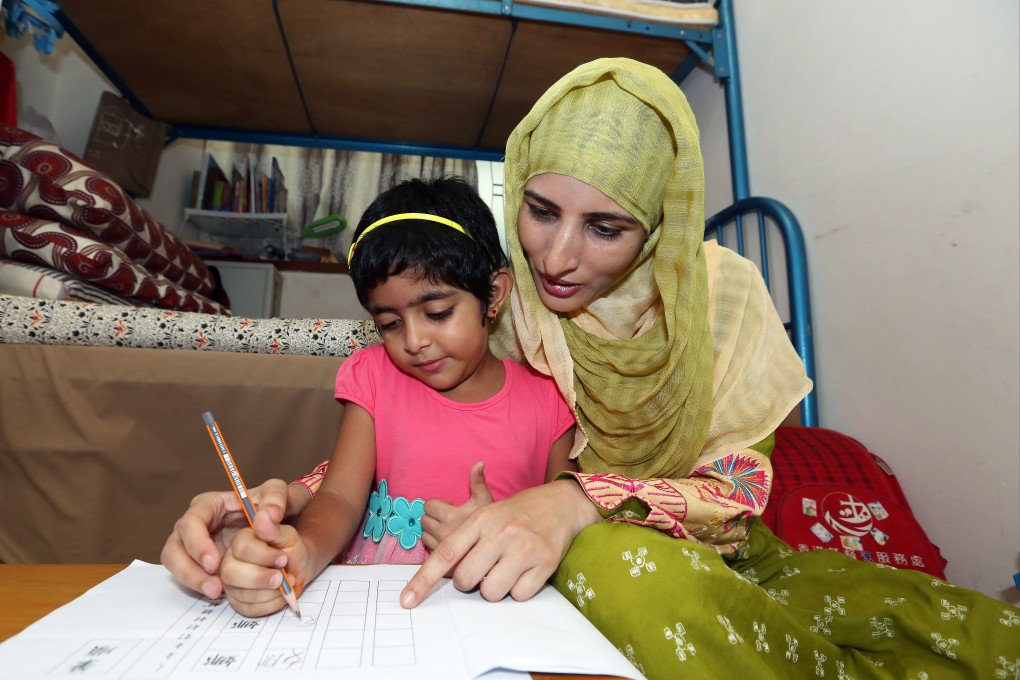'If you tell them you are Pakistani, they won't give you the flat': Finding a Hong Kong home is battle against prejudice for ethnic minorities

Bushra Khaliq and her five-year-old daughter's 150 sq ft flat in Cheung Sha Wan did not come easy. She was rejected by numerous landlords just because of her skin colour or nationality.
"I found it really difficult to find a house as an ethnic minority," said Khaliq, 31, who came to Hong Kong from Pakistan in 2009 for an arranged marriage.
"They really discriminate against you. They will ask your nationality. If you tell them you are Pakistani, they will just say they don't want to give their flat to a Pakistani."
She said many landlords turned her away even after she showed them her passport, her job certificates and other related documents. Sometimes they rejected her immediately after seeing her skin colour, she added.
She spent about four months looking around before she found her current flat. She said before she found her previous flat, her friend's husband, who could speak Cantonese, needed to tell the landlord that she was not from Pakistan to gain the landlord's approval.
Khaliq is one of the 17 ethnic minority women of different ages and from different walks of life in Hong Kong featured in minority advocacy group Unison's photo exhibition She says.